

| Cruise Region : Europe |
| Company : Viva Cruises |
| Ship : VIVA RUBY |
| Journey Start : Fri 03 Oct 2025 |
| Journey End : Sat 11 Oct 2025 |
| Count Nights : 8 nights |
| Day | Date | Port | Arrival | Departure |
|---|---|---|---|---|
| 1 | 3.10 Fri | Minden / Germany | ||
| 2 | 4.10 Sat | Bremen / Germany | 22:00 | |
| 2 | 4.10 Sat | Minden / Germany | 06:00 | |
| 3 | 5.10 Sun | Oldenburg / Germany | 09:30 | 15:30 |
| 3 | 5.10 Sun | Bremen / Germany | 04:00 | |
| 4 | 6.10 Mon | Papenburg / Germany | 11:30 | 18:00 |
| 4 | 6.10 Mon | File | 21:30 | |
| 5 | 7.10 Tue | Groningen / Netherlands | 17:30 | |
| 5 | 7.10 Tue | File | 12:00 | |
| 6 | 8.10 Wed | Groningen / Netherlands | 14:00 | |
| 7 | 9.10 Thu | Lemmer / Netherlands | 00:30 | 06:00 |
| 7 | 9.10 Thu | Amsterdam / Netherlands | 14:00 | 22:00 |
| 8 | 10.10 Fri | Nijmegen / Netherlands | 06:30 | 14:00 |
| 9 | 11.10 Sat | Dusseldorf / Germany | 02:30 |
VIVA All-Inclusive
Breakfast, Lunch, Dinner
Full board: breakfast buffet, lunch and dinner (gourmet menus served at the table) plus snacks. Free choice of table and flexible meal times.
Drinks all day
Hot and cold non-alcoholic beverages, plus a selection of alcoholic drinks. See bar menu for details.
High Tea
Once per trip: sweet and savory treats — scones, sandwiches, cupcakes, chocolates, macarons. Variety of teas included.
Welcome Drink
A warm welcome with a glass of champagne — to a wonderful stay on board.
RITUALS Beauty Products
Selected products for care and relaxation.
Minibar and Water Bottle
Daily replenished minibar and reusable bottle in the cabin.
Wi-Fi on board
Free and stable internet for comfortable use.
Tips included
All crew services are included in the price.
Payment
A 30% deposit is required at the time of booking.
Final payment must be made no later than 60 days before the cruise starts.
Cancellation
More than 120 days before departure – 10% of the total cost.
119–90 days – 20%.
89–30 days – 40%.
29–15 days – 60%.
14–1 day – 80%.
On the day of departure – 100%.
Rebooking
Changes to the booking are possible no later than 90 days before the cruise starts.
Fee – 50 EUR per person.
Passenger substitution
Allowed no later than 9 days before the cruise starts.
Fee – 50 EUR.
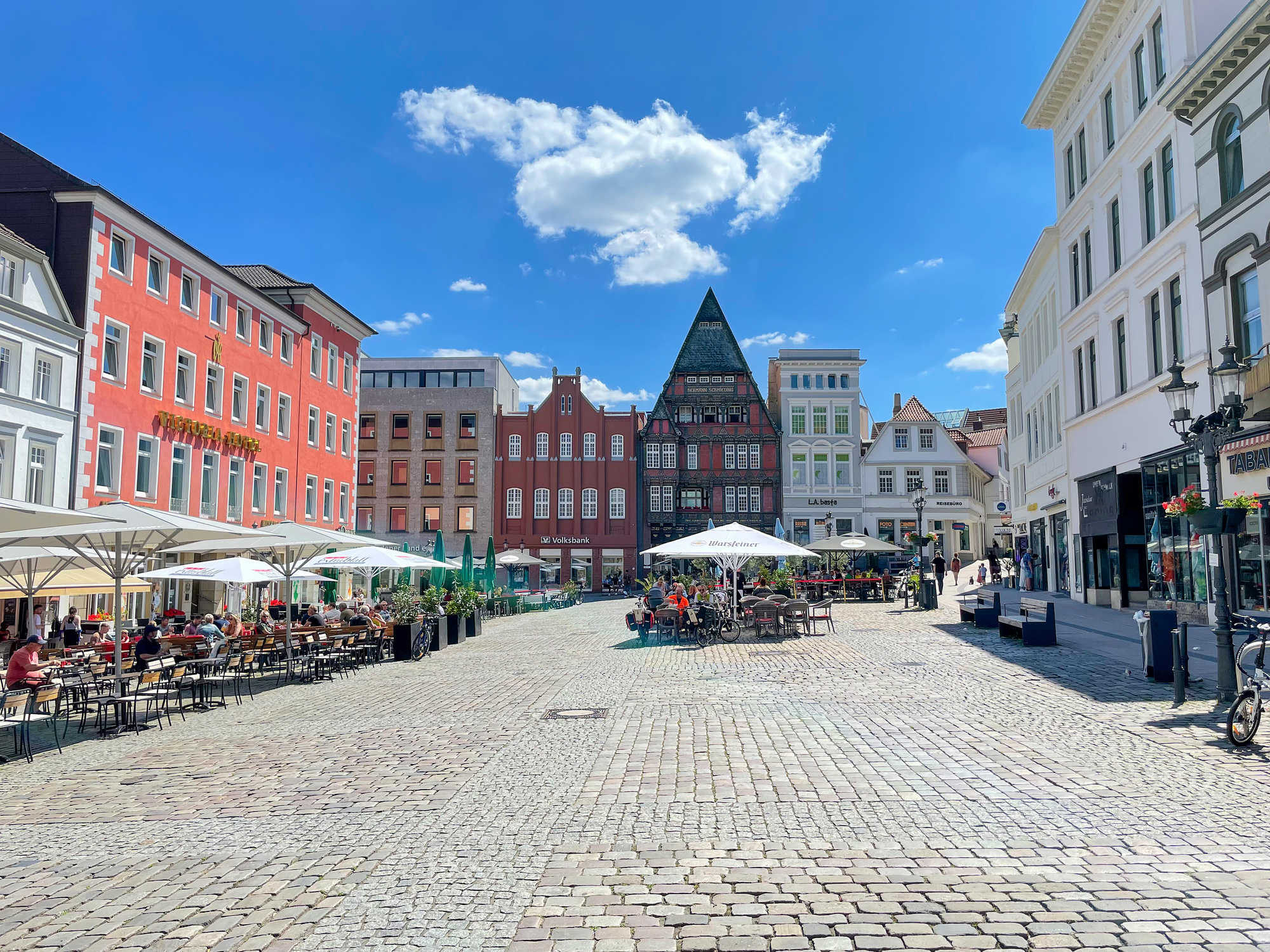
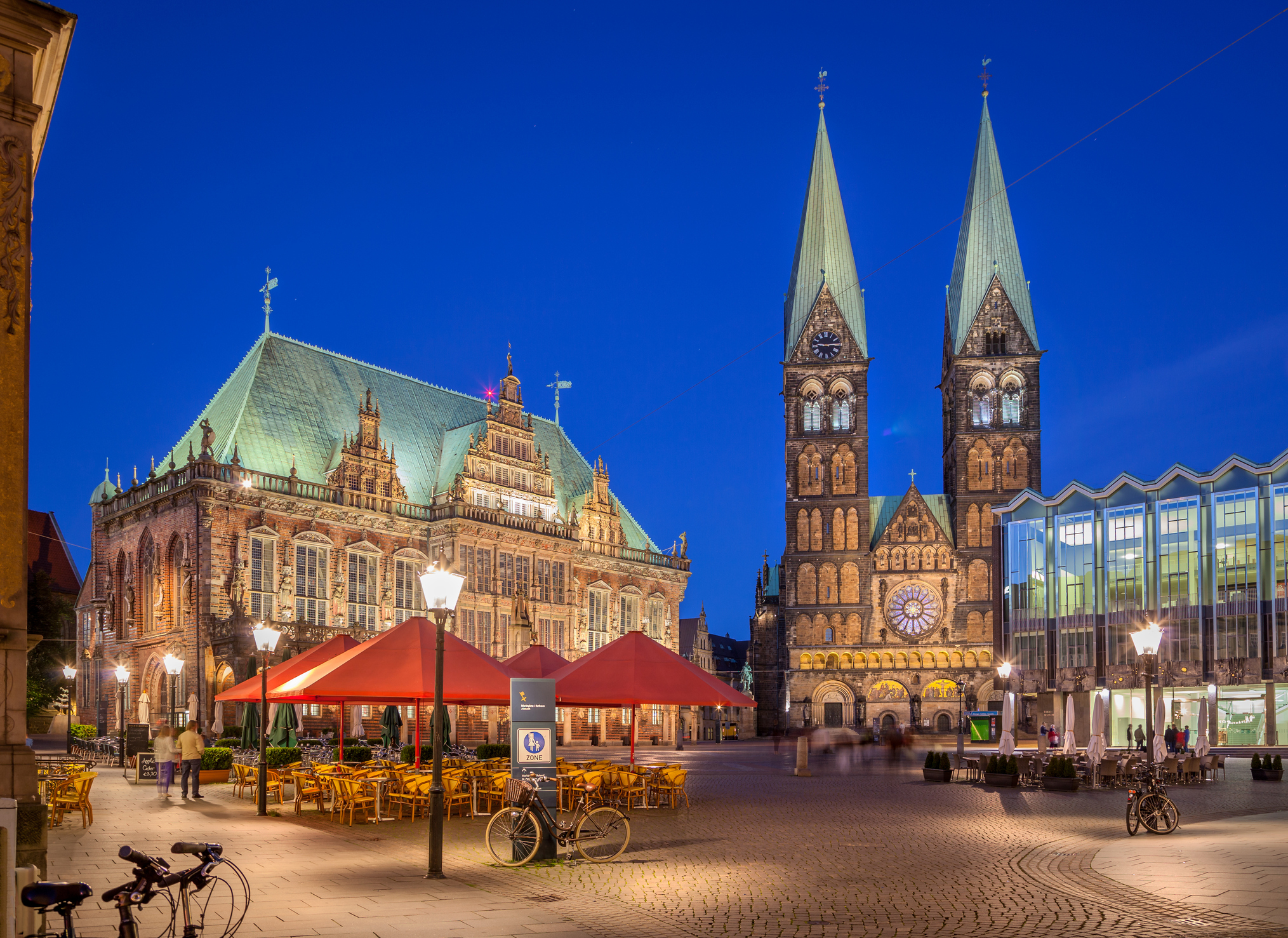

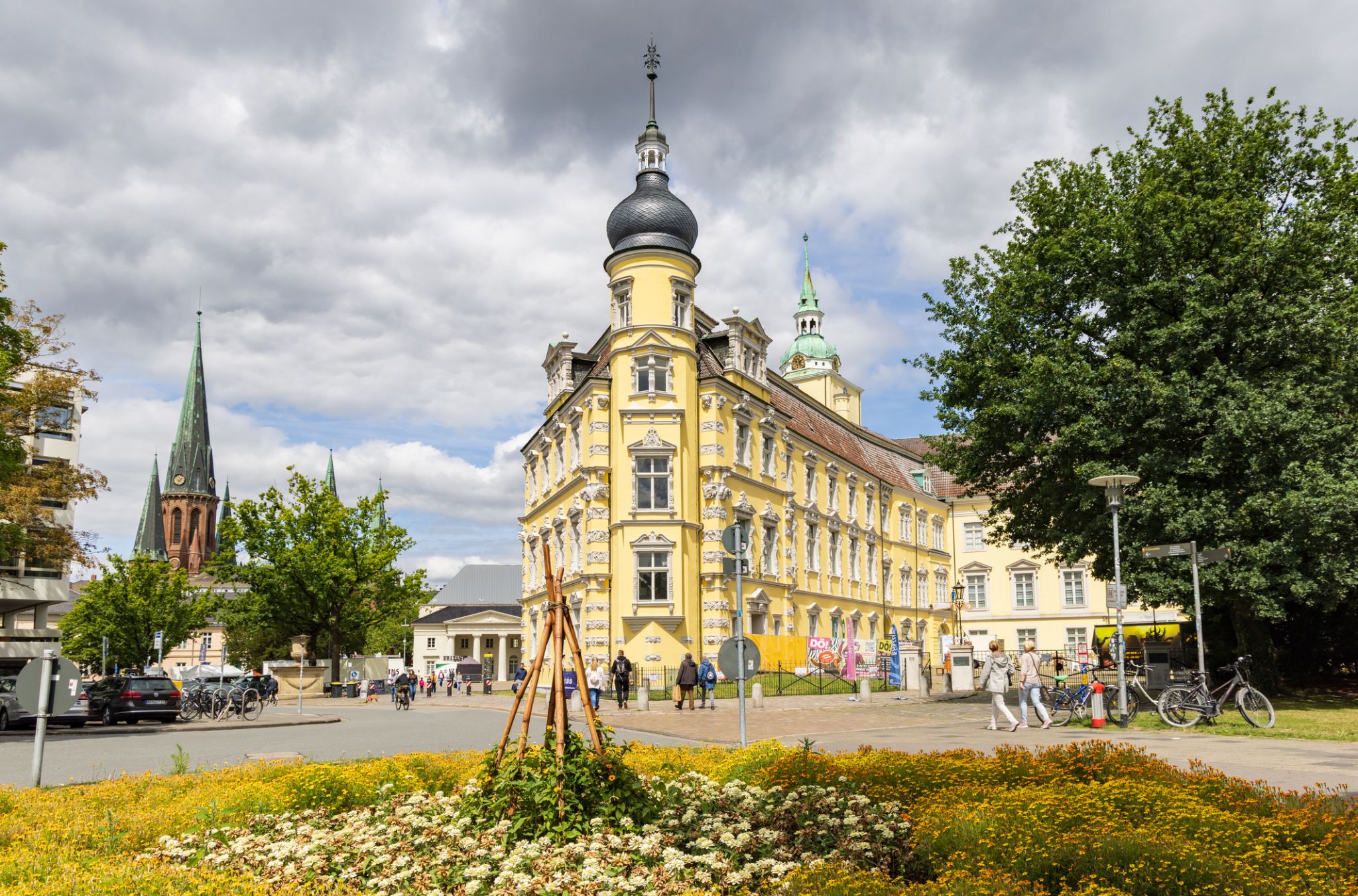

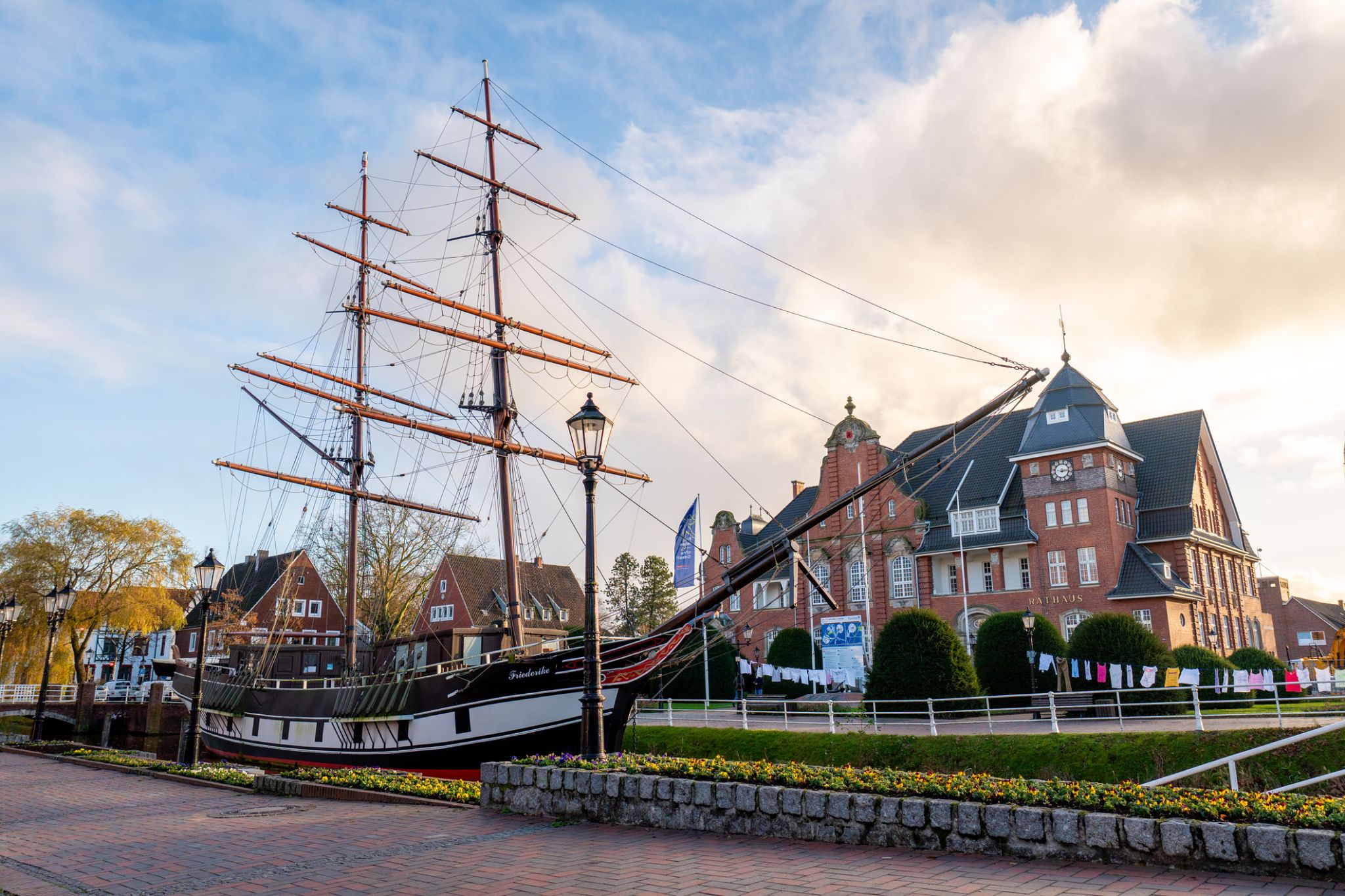
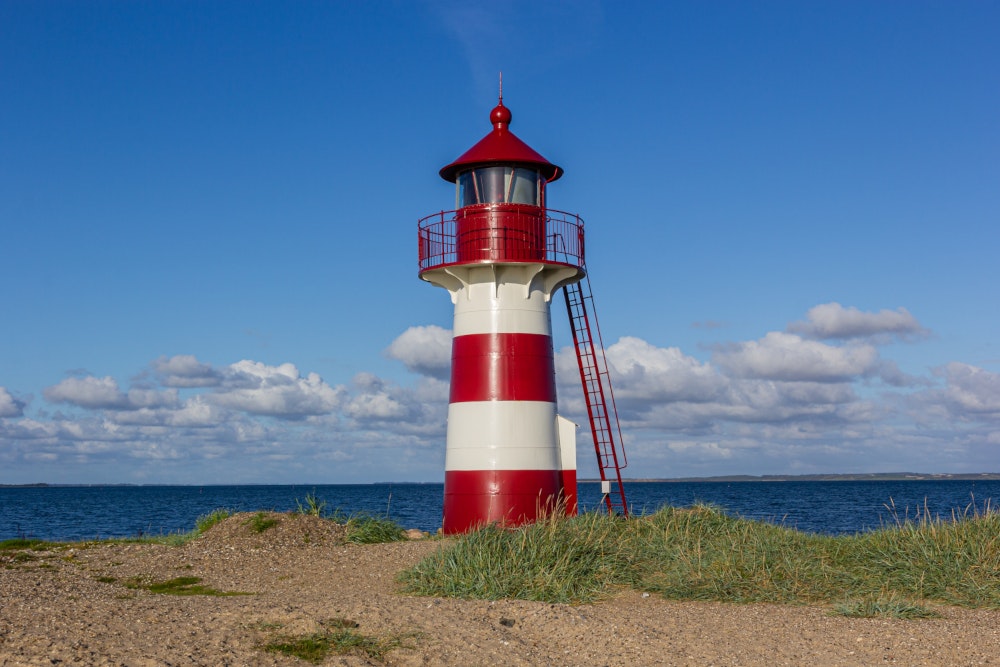
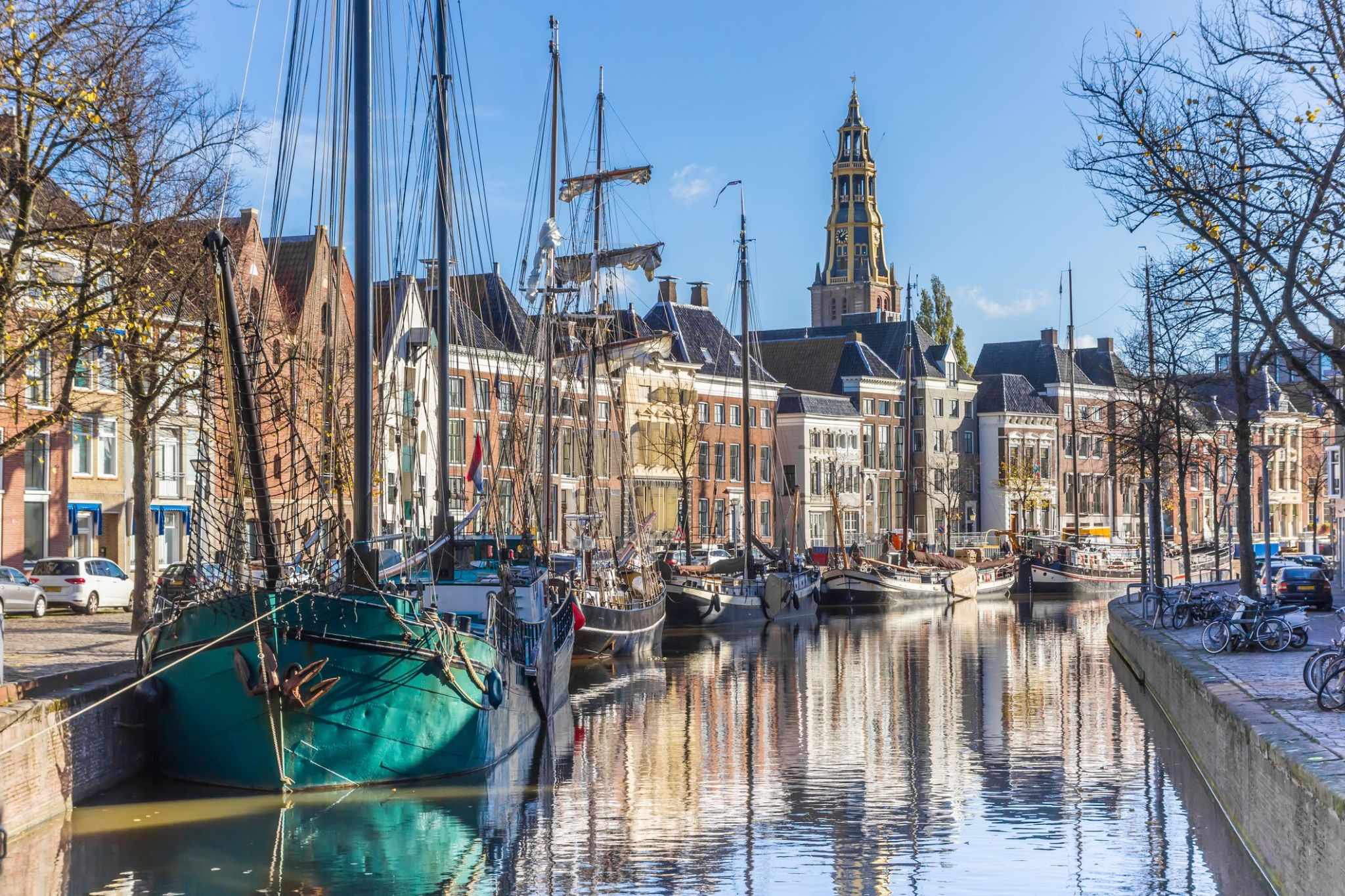
Ancient universities and modern street art, Gothic architecture and innovative technologies — all this harmoniously coexists in the city of Groningen, creating a unique atmosphere. Every corner here breathes youth and freedom: over a third of the population are students, giving the city an energetic and vibrant rhythm. Walking through the historic center, you'll discover the Martinitoren — a 15th-century bell tower offering breathtaking views of rooftops and canals.
But Groningen is not just about history. The city is known for its advanced environmental and urban planning initiatives: it boasts some of the best bike lanes in Europe, as well as many parks and green areas. Art lovers will find inspiration at the Groningen Museum, famous for its bold exhibitions and unique architecture. In the evening, the city comes alive with music — from jazz to electronic beats. Groningen is the perfect place for those seeking both relaxation and inspiration.


Ancient universities and modern street art, Gothic architecture and innovative technologies — all this harmoniously coexists in the city of Groningen, creating a unique atmosphere. Every corner here breathes youth and freedom: over a third of the population are students, giving the city an energetic and vibrant rhythm. Walking through the historic center, you'll discover the Martinitoren — a 15th-century bell tower offering breathtaking views of rooftops and canals.
But Groningen is not just about history. The city is known for its advanced environmental and urban planning initiatives: it boasts some of the best bike lanes in Europe, as well as many parks and green areas. Art lovers will find inspiration at the Groningen Museum, famous for its bold exhibitions and unique architecture. In the evening, the city comes alive with music — from jazz to electronic beats. Groningen is the perfect place for those seeking both relaxation and inspiration.
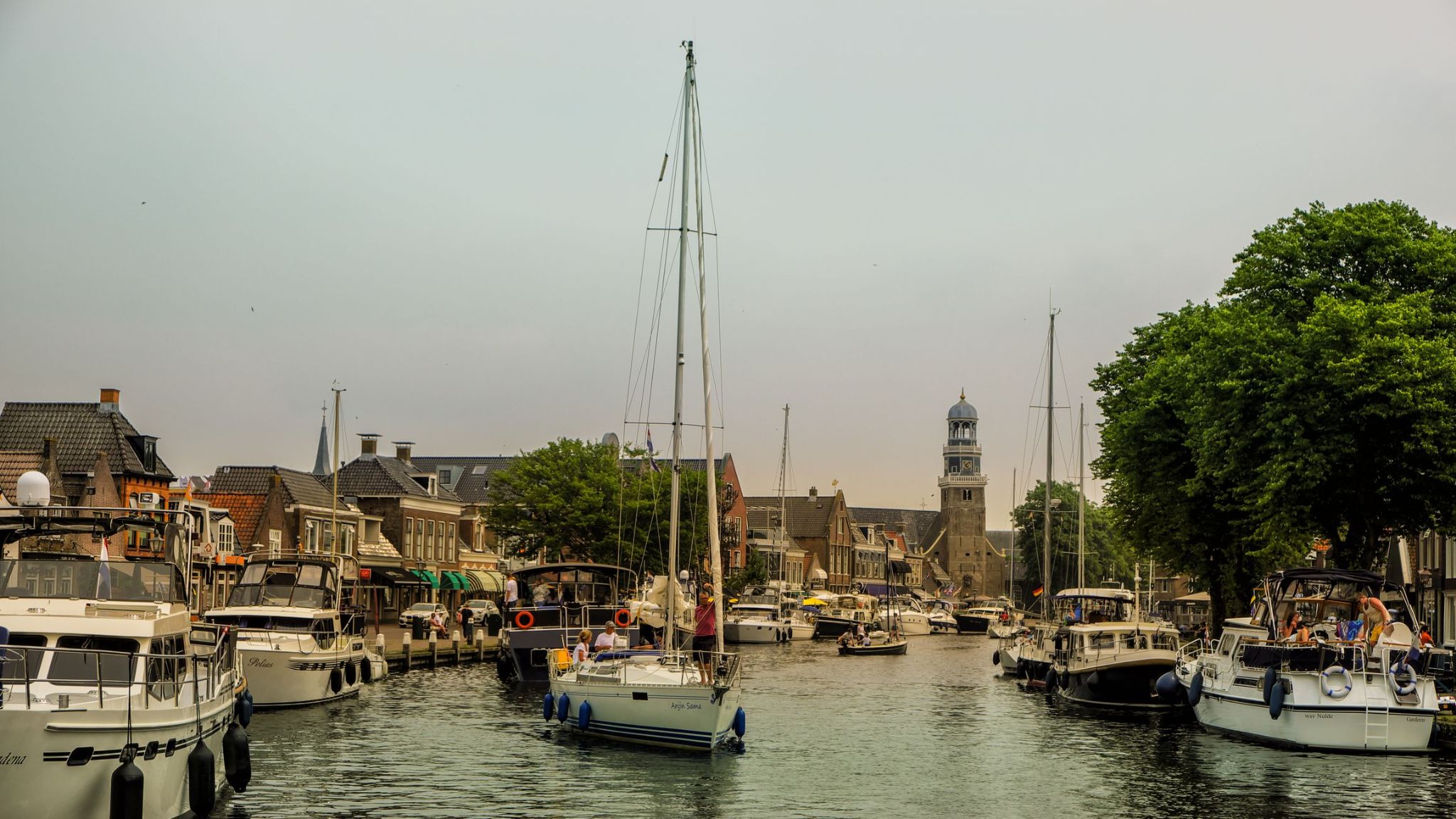
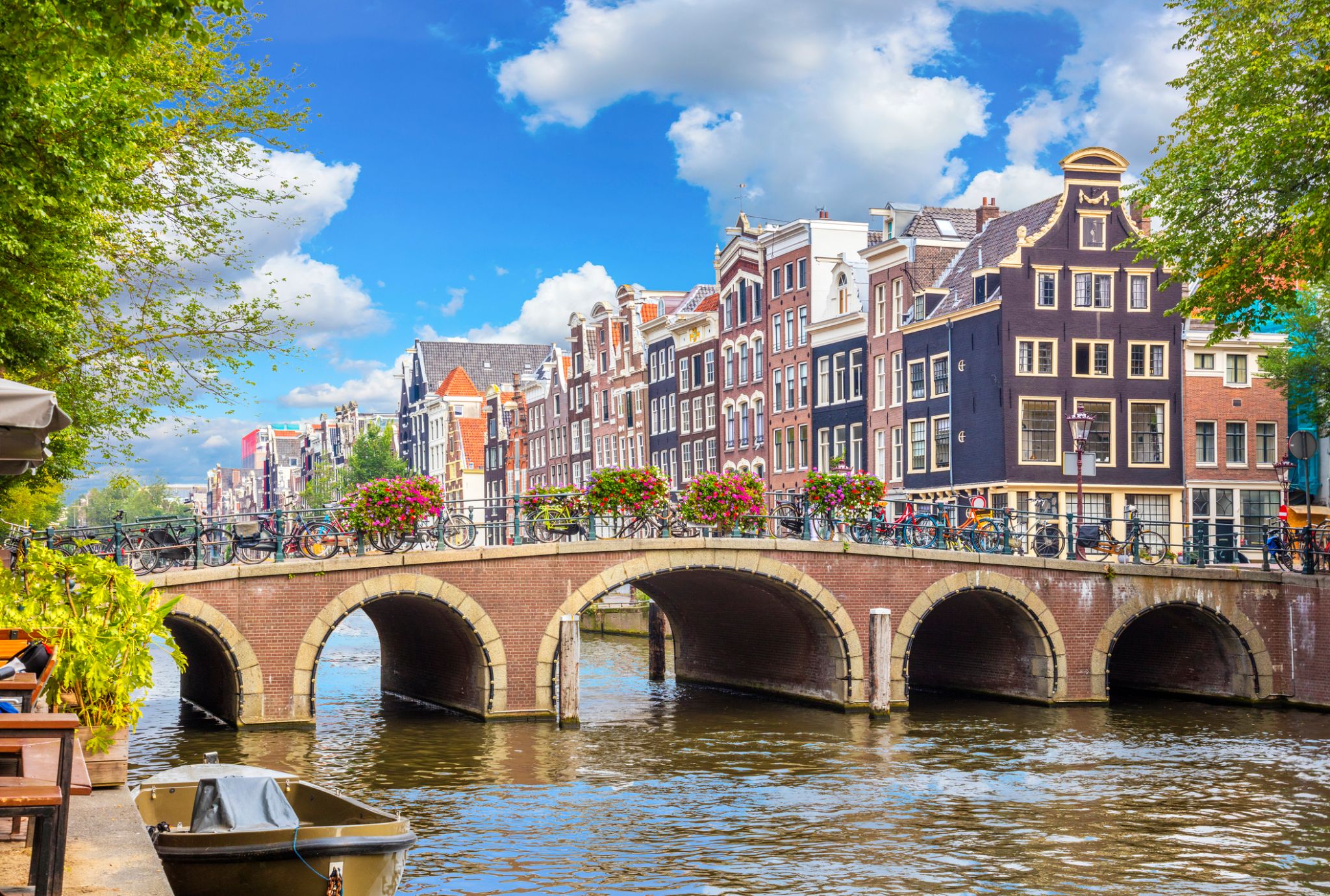
Amsterdam is the capital city and most populous municipality of the Netherlands. Its status as the capital is mandated by the Constitution of the Netherlands, although it is not the seat of the government, which is The Hague. Amsterdam has a population of 851,373 within the city proper, 1,351,587 in the urban area] and 2,410,960 in the metropolitan area. The city is located in the province of North Holland in the west of the country but is not its capital, which is Haarlem. The metropolitan area comprises much of the northern part of the Randstad, one of the larger conurbations in Europe, with a population of approximately 8 million.
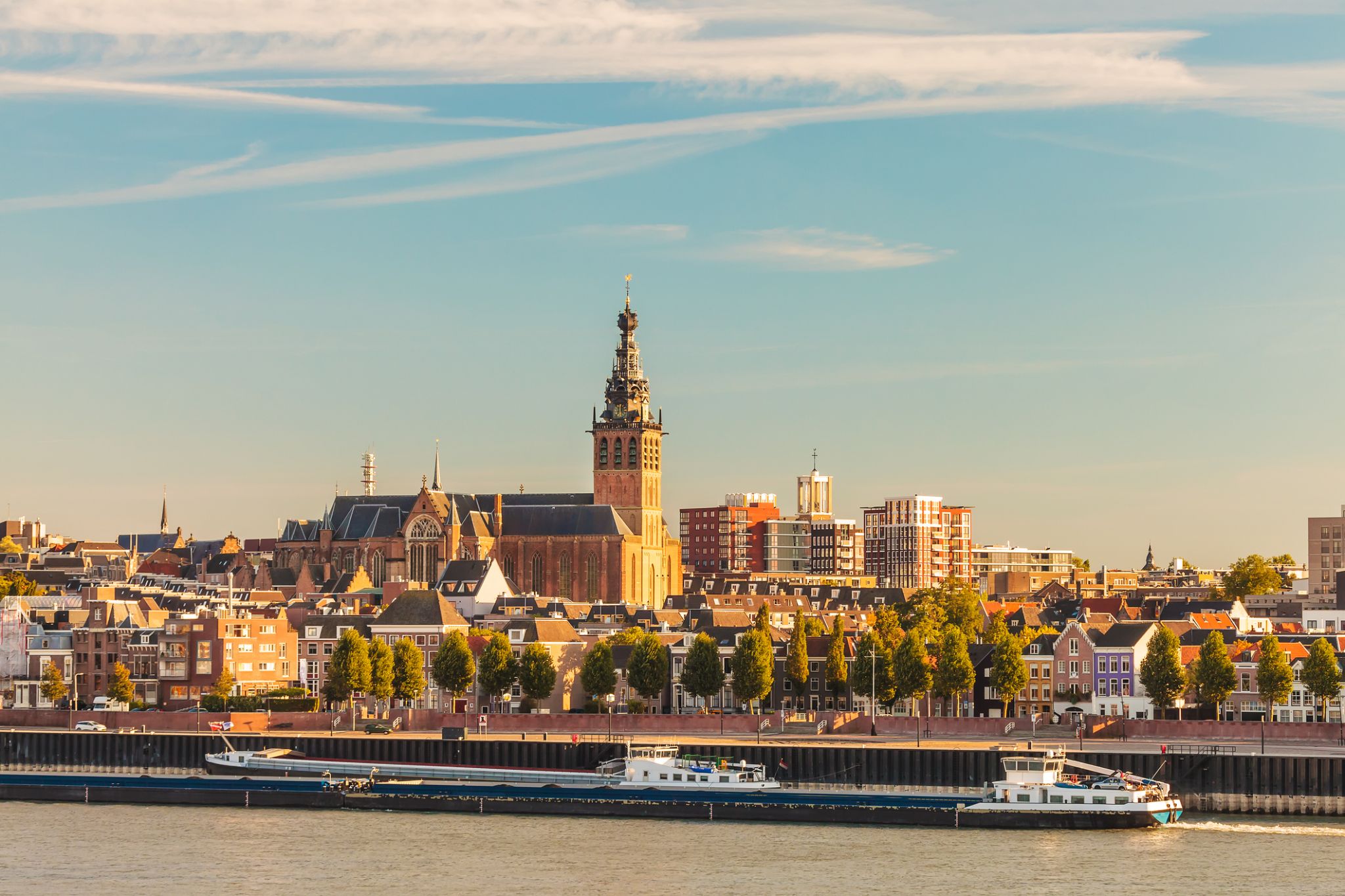
On the southern bank of the Waal River lies the city of Nijmegen, a major industrial center where brick manufacturing, the chemical industry, tobacco production, and electrical equipment manufacturing are especially well developed. One of the most curious constructions, shaped like a whale, is located on the Waal's riverbank — it’s the river fleet control center, as Nijmegen also serves as a river port. Nearby stands a sculpture of the fictional heroine Mariken van Nijmegen, who has become a symbolic figure for the city.
Nijmegen is also home to the fascinating National Bicycle Museum “Velorama.” Interestingly, it is the only museum of its kind in the Netherlands, despite the country’s well-known love of cycling. The museum’s exhibitions display the beauty and diversity of bicycle transport. Today, its collection includes over 500 bicycles.
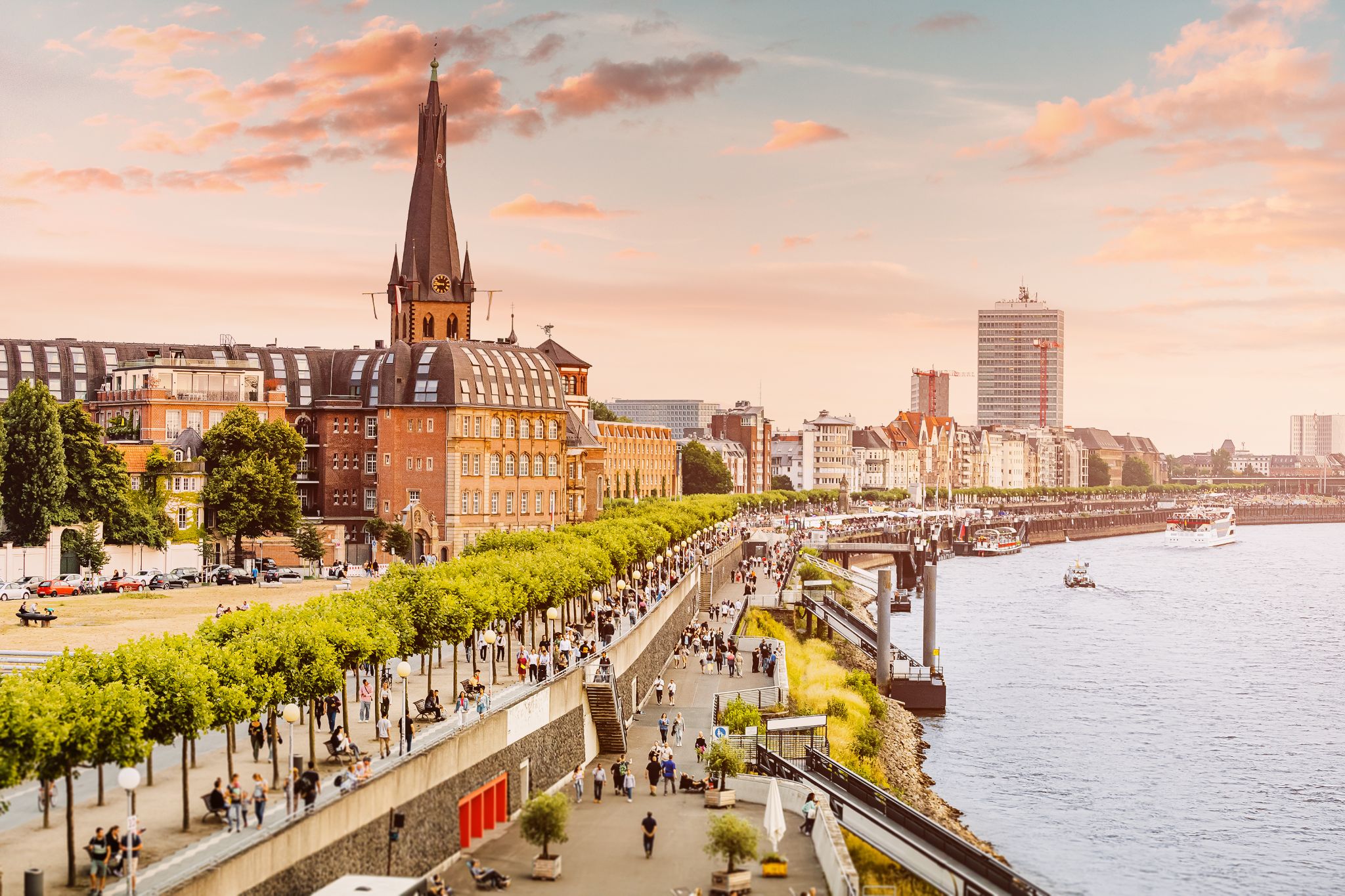
Düsseldorf is the capital and second-largest city of the most populous German federal state of North Rhine-Westphalia after Cologne, as well as the seventh-largest city in Germany. with a population of 617,280. At the confluence of the Rhine and its tributary Düssel, the city lies in the centre of both the Rhine-Ruhr and the Rhineland Metropolitan Regions with the Cologne Bonn region to its south and the Ruhr to its north. Most of the city lies on the right bank of the Rhine (as opposed to Cologne, whose city centre lies on the river's left bank). The city is the largest in the German Low Franconian dialect area (closely related to Dutch). "Dorf" meaning "village" in German, the "-dorf" suffix (English cognate: thorp) is unusual in the German-speaking area for a settlement of Düsseldorf's size.